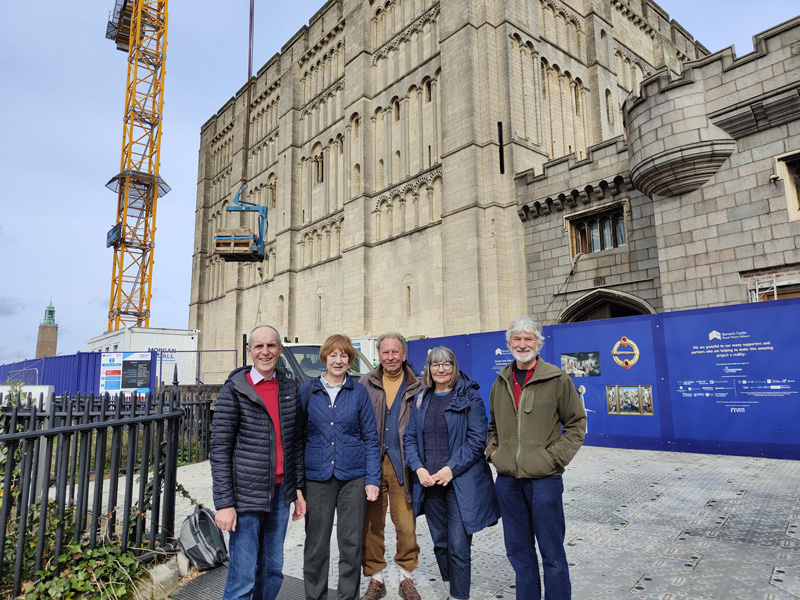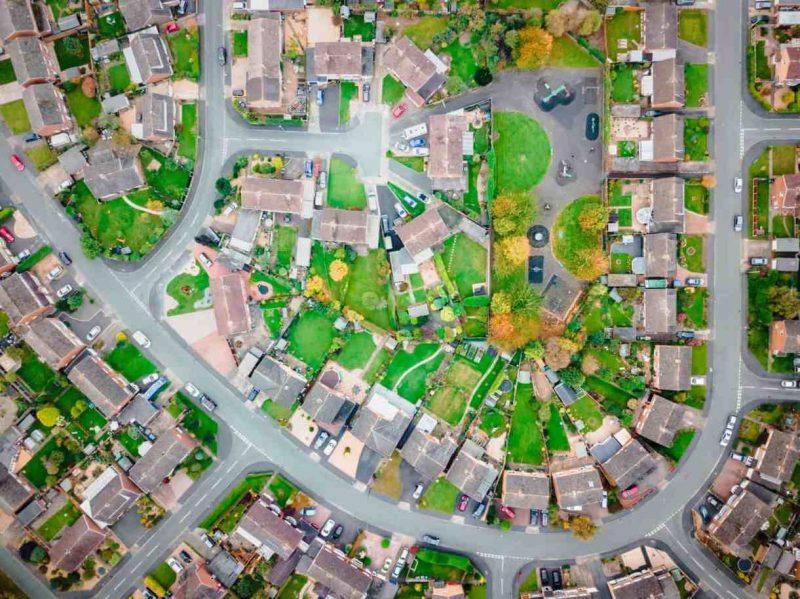 The pressures of global climate change on the world’s fragile marine environments is to form the central plank of a new strategic alliance between the University of East Anglia (UEA) in Norwich and Lowestoft’s Centre for Environment, Fisheries & Aquaculture Science (Cefas).
The pressures of global climate change on the world’s fragile marine environments is to form the central plank of a new strategic alliance between the University of East Anglia (UEA) in Norwich and Lowestoft’s Centre for Environment, Fisheries & Aquaculture Science (Cefas).
The venture will strengthen existing collaboration between the institutions and establish new areas of joint research whose overall aim is to produce high-quality science that will influence policy-making, economic development and, ultimately, an improved quality of life.
The partnership will include a new joint UEA-Cefas lectureship in marine ecosystem services – the services provided by the natural environment that benefit people with the new lecturer to be appointed in time to start in the autumn. It is also hoped that the two organisations will work together to develop a new degree course in marine environmental management.
Together, UEA and Cefas have helped reduce ‘discards’ (non-targeted commercial fish caught but thrown back dead) by two-thirds in trials on modified fishing gear. They have found that more than half the coral reef fisheries in island communities around the world are being exploited unsustainably.
The partners also collaborate on coastal erosion and managed re-alignment of the coast; the impact of climate change on fish growth and stocks; and nutrient supply from rivers and sediment storage in estuaries.








